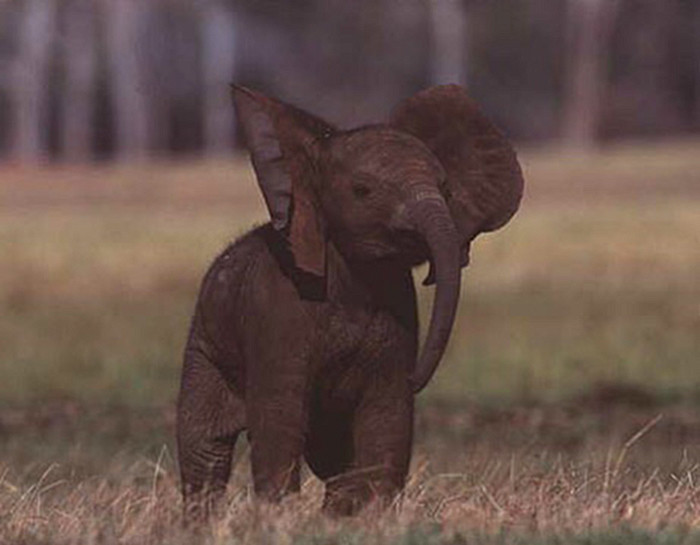“For centuries humans have tried to teach animals to communicate like humans,” said Michael Darre, an animal science professor at the University of Connecticut (UConn) in Storrs. “And now we’re getting to the point where we’re saying, Wait a second. Why don’t we learn their language instead of making them learn ours?”
Researchers from several universities and institutions are working on an effort called the Dr. Dolittle Project, which aims to crack the code of animal communication.
In the past three years researchers with the project have captured sounds from a variety of animals, including African elephants, rhinos, horses, chickens, and bottlenose dolphins.
Scientists also videotape the animals’ corresponding behavior and feed the data into a modified human speech-recognition program.
The program can alert scientists to a range of details, including physiological indicators, such as stress or whether the animal is in heat.
Mike Johnson, an assistant professor of computer and electrical engineering at Marquette University in Milwaukee, Wisconsin, leads the project.
“We wanted to find ways to apply the high-tech side of what you can do in speech processing, which has been used in human speech processing for a decade or more, and apply those ideas to the field of bioacoustics,” he said.
Read more at National National Geographic News.
